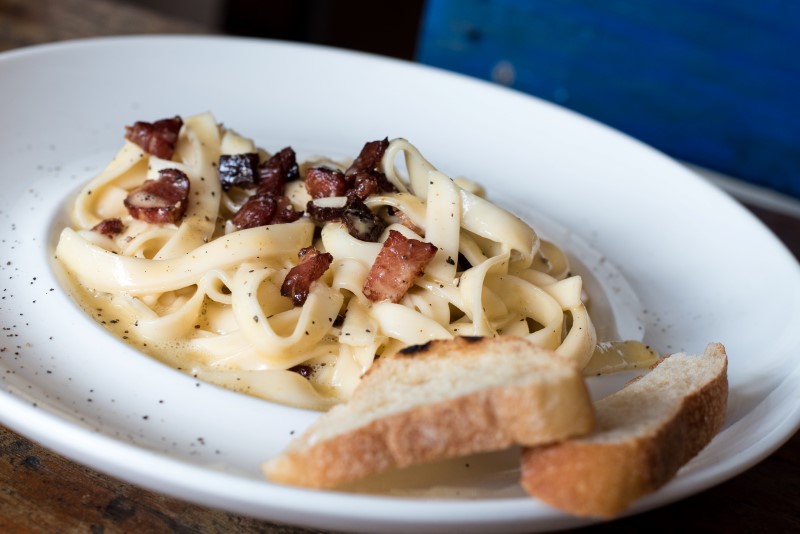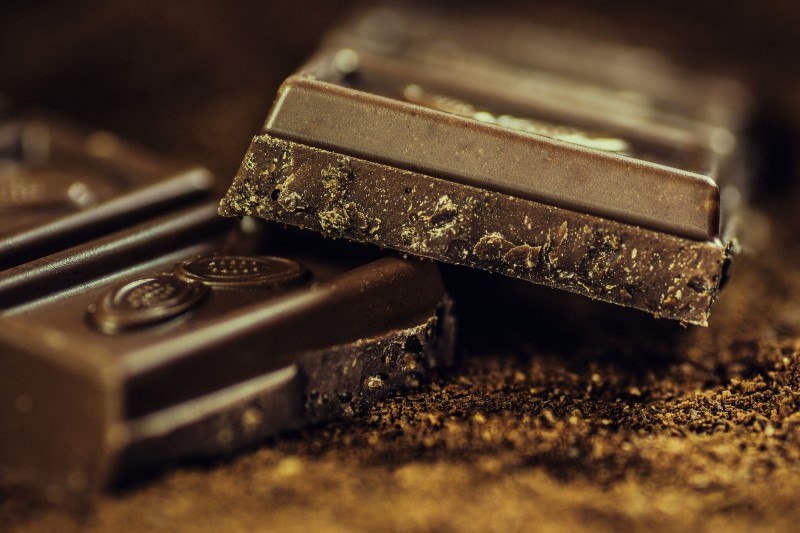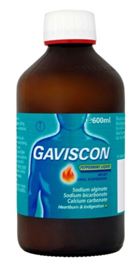Managing Acid Reflux in the Festive Season

Acid Reflux is medically called Gastro-Oesophageal Reflux Disease (GORD), or GERD in America where the oesophagus has no ‘o’! The oesophagus is a short muscular organ also referred to as the gullet. The oesophagus leads to the stomach which produces and hold acid, primarily to kill bugs in food and activate some digestive enzymes. It is rarely a problem to suppress this acid as most food is clean and we all tend to eat too much anyway! A valve like effect prevents stomach acid from spilling back up the oesophagus. The valve is created by a muscle in the wall of the oesophagus squeezing the tube closed is it passes through the diaphragm muscle which contributes to the valve by squeezing from outside the oesophagus. When this valve effect is reduced acid can enter the oesophagus causing burning, possible inflammatory damage and occasionally strictures (narrowing). There is a very small risk that persistent reflux might increase the risk of oesophageal cancer, particularly in smokers and heavy drinkers.
Acid reflux is very common and as many as 25% of the population can have a significant problem with this at some stage throughout their lifetime. Many more of us will experience milder heartburn from time to time.
The effect of acid reflux varies greatly. We liken this to difference between the varying pain of hot water on our skin which can occasionally lead to a scald and if really bad to scarring of the skin. Here is a great video from the Mayo Clinic in the USA about reflux.
This article is designed to show you how you can reduce the risks of reflux, particularly at this Festive time, and how to treat the condition if it does become a problem for you.
The vast majority of people with minor, long standing heartburn have simple acid reflux for which the measures in this article should be sufficient to control the problem. However there are certain signs that are a warning that something more serious is going on and these should be reported urgently to a doctor. These are:
- Any feeling of food getting stuck in the chest when swallowed.
- Pain on swallowing that persists for more than a day or so
- Recent onset of heartburn especially in a middle aged or older person
5 simple tips to avoid acid reflux using diet and lifestyle
- Avoid rich, fatty foods and large meals especially last thing at night. Try to stay upright for a few hours after a meal.

- Weight loss. Being overweight pushes the stomach up into the chest. Regular exercise, reducing portion sizes and avoiding sweets and snacks is a great start.
- Don’t smoke, drink alcohol in moderation – here come the fun-police for Christmas! Both these activities aggravate reflux and increase the damage to your oesophagus. White wine seems to be particular culprit
Festive Foods and Drink! So even if you’re a confirmed non-smoker and sensible drinker, we can still ruin you fun as many ‘happy foods’ make reflux worse, including Chocolate, Carbonated drinks, Citrus, Garlic, Spices, Mint and Caffeine.

- Other foods which are good for acid reflux include melons and bananas which are alkali and neutral foods like vegetables, oatmeal, natural yoghurt. Don’t have a lot of milk before going to bed however as although stomach acid is neutralised temporarily it then ‘rebounds’ in the middle of the night, which might wake you up!
Ok so here’s some other ideas to help you get through the Festive Season without being a party pooping misery guts (excuse the pun)!
Pharmaceutical agents to help acid reflux
There are a wide range of over the counter preparations that are used by many patients very effectively.
Simple Antacids and Alginates. Many of these are simple antacids that neutralise acidic gastric liquid thus reducing the burning sensation. Most contain calcium carbonate, magnesium trisilicate, sodium bicarbonate or a combination of aluminum hydroxide and magnesium hydroxide. Here is a picture of popular brands but there many others with the same ingredients will be just as good. It is all a matter of trial and taste!

 Some use an alginate preparation that acts as ‘raft’ on top of the gastric contents to help prevent reflux, the most common of these is Gaviscon. One of the Gaviscon preparations also contains antacid (Gaviscon Advance).
Some use an alginate preparation that acts as ‘raft’ on top of the gastric contents to help prevent reflux, the most common of these is Gaviscon. One of the Gaviscon preparations also contains antacid (Gaviscon Advance).
All these preparations are best used after eating or when you have symptoms and have a fairly short term effect. Many people find they are all that are needed, however.
If simple antacids are not enough then you may want to take a pharmaceutical agent that reduces the amount of acid your stomach produces.
H2 Blockers. These are now easily available over the counter, both types suppress the ability of the stomach to make acid. H2 blockers, such as Ranitidine, Cimetidine and Famotidine, block the effect of Histamine on type 2 receptors. These drugs are different to the anti-allergy Histamine blockers that work on Type 1 receptors. They are rarely associated with side-effects.
Proton Pump Inhibitors (PPIs). These are also available over the counter and are powerful suppressors of gastric acid which are generally safe and with few side-effects. Their safety in the long term has been questioned recently and although the risks are likely to be small they should only be used intermittently without consulting a doctor.
VERY IMPORTANT
The medications mentioned above are generally safe but ALWAYS READ THE LEAFLET CAREFULLY to learn about side-effects and risks. If you are taking other medication discuss this with your pharmacist or doctor before starting the medication.
How to use these medications:
Please read the safety notice above. If you need medication for acid reflux start with simple antacids with or without alginates. Take these after a meal or when you get symptoms to relieve the problem in the short term. If this is insufficient try an H2 Blocker medication taking no more than 75mg or 150mg daily before a meal. If this does not work then use intermittent doses of a PPI to help – again usually before a meal or last thing at night, if you are woken by acid reflux.
You may find you need more of these medications over the Festive season or when having a large fatty meal at other times but prevention is always better than cure so please try and eat healthily, keep your weight in the recommended range and don’t smoke or drink more than a small amount. You can still enjoy festivities but if you really need to treat acid reflux symptoms follow the advice above.
If you are at all worried about your symptoms, if food is getting stuck, swallowing is painful or your symptoms don’t settle promptly and stay settled it is best to consult your doctor.
This blog was written by a student dietitian Frankie Ebdon and edited by Sian Shepherd (Specialist Gastroenterology Dietitian) and Dr Andrew Millar (Consultant Gastroenterologist).
Tags: begoodtoyourgut, diet and acid reflux, GERD, GORD, Gut Health, heartburn, lifestyle, proton pump inhibitors
0 Comment
Leave a Reply